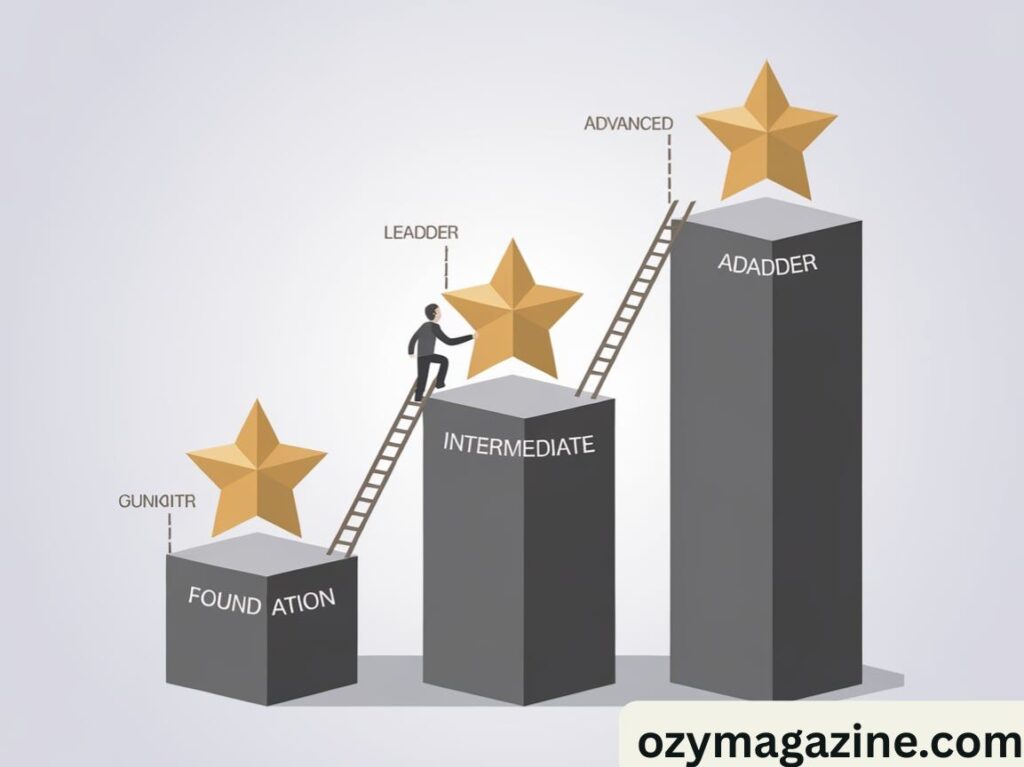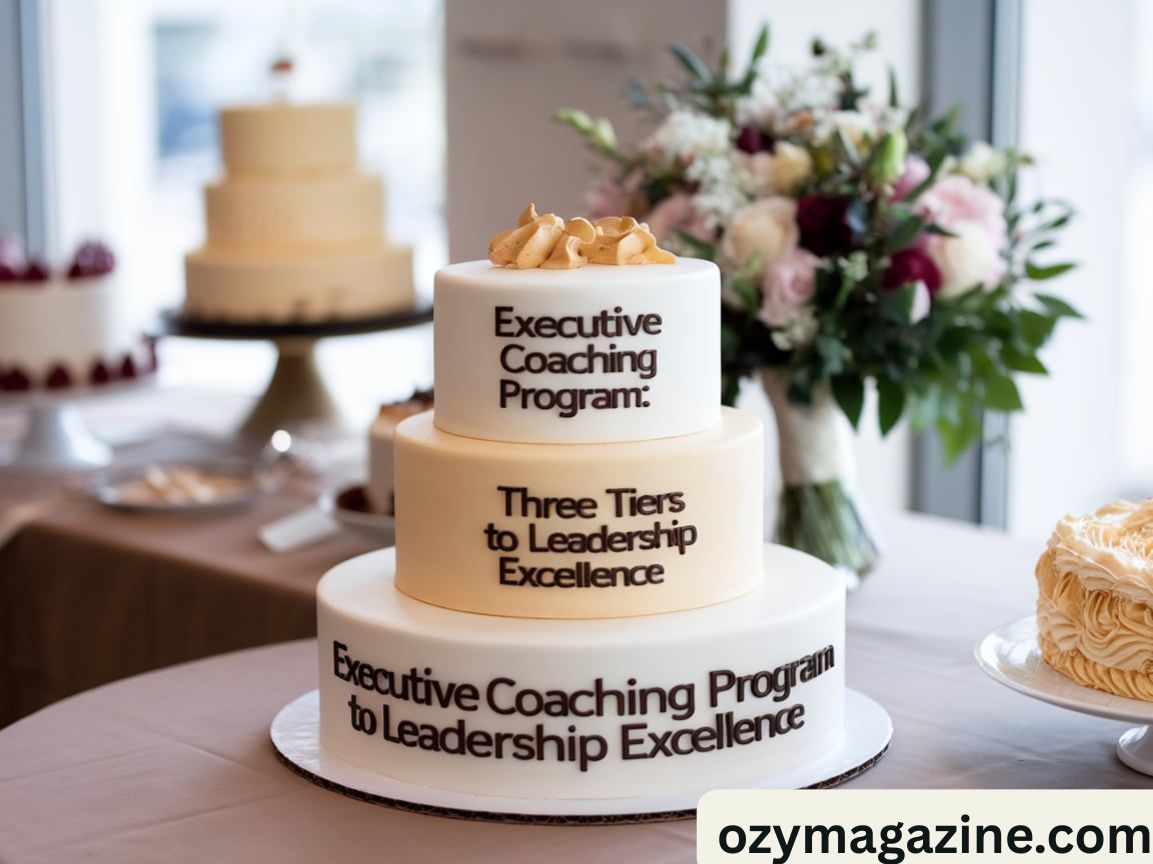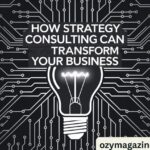Pedro Paulo Executive Coaching is a program that helps leaders grow. It gives clear guidance for personal and professional success. It focuses on building skills for better leadership.
Strong leaders can change a business. With the right coaching, they learn faster. Pedro Paulo Executive Coaching is the key to unlock this growth.
This coaching supports executives at every stage. It improves communication, decision-making, and confidence. Pedro Paulo Executive Coaching builds lasting leadership skills.
Overall Program Philosophy
Every strong Executive Coaching Program is built on a clear philosophy. At its heart, this philosophy is about helping leaders discover their strengths, address blind spots, and learn how to influence others effectively. Leadership excellence is not achieved overnight. It requires structured guidance, reflection, and accountability. By breaking the program into stages, executives are given the right tools at the right time in their careers.
In the United States, leadership development has become even more critical as workplaces face challenges like remote work, diversity and inclusion goals, and global competition. Coaching programs must therefore focus not only on business strategy but also on the psychology of leadership. The philosophy emphasizes sustainable growth by combining emotional intelligence, communication mastery, and evidence-based coaching techniques. This ensures that leaders do not just reach their goals temporarily but continue to evolve as their careers progress.
The Three Tiers

The strength of the Executive Coaching Program: Three Tiers to Leadership Excellence is that it meets leaders where they are. Each tier focuses on the unique challenges of different career stages, moving from developing basic leadership skills to achieving organizational transformation.
Tier One – Foundational Leadership Development
Tier One is designed for emerging leaders or mid-level managers who are stepping into more complex responsibilities. At this stage, coaching focuses on building self-awareness, improving emotional intelligence, and mastering communication skills. Leaders learn how to motivate their teams, provide constructive feedback, and handle conflicts with professionalism.
For example, consider a mid-level manager at a U.S. technology company who has been promoted to lead a cross-functional team. Through Tier One coaching, they learn how to build trust with their team, delegate tasks effectively, and keep projects on track without micromanaging. This stage ensures that future senior executives have the right foundation for advanced leadership.
Tier Two – Advanced Executive Coaching for Senior Leaders
Tier Two is designed for directors, vice presidents, and senior leaders who are already experienced but face the challenge of leading at scale. Coaching at this level goes beyond personal skill-building. It focuses on strategic decision-making, managing influence across the organization, and handling high-level conflicts that can impact company performance.
Senior leaders often face pressure to balance short-term results with long-term vision. An example from an American healthcare organization shows how Tier Two coaching helped a senior director improve collaboration across departments, reducing inefficiencies and saving millions in operational costs. By sharpening their ability to influence others and make tough decisions, Tier Two leaders become valuable assets to their organizations.
Tier Three – Transformational Leadership for C-Suite Executives
Tier Three is the highest level and is aimed at C-suite executives such as CEOs, presidents, and other top leaders. At this stage, coaching shifts from managing organizations to transforming them. The focus is on visionary leadership, building strong company culture, and adapting to global and cultural changes. Leaders are encouraged to think beyond profits and create lasting impact for stakeholders, employees, and society.
Consider a U.S.-based CEO leading a multinational corporation. Through Tier Three coaching, they learn to refine their vision, inspire innovation across global teams, and ensure that their leadership legacy lasts beyond their tenure. This level is about shaping the future of the organization and leaving a mark on the industry as a whole.
Commonalities Across Tiers
While each tier focuses on different challenges, they share common elements that make the program consistent and effective. Every leader, regardless of tier, receives personalized coaching tailored to their strengths and growth areas. A key feature across tiers is accountability, where leaders are encouraged to set clear goals and measure progress over time.
Another common thread is the use of 360-degree feedback, which gives leaders insight into how they are perceived by peers, direct reports, and superiors. This feedback helps leaders see blind spots and understand their impact on others. Continuous improvement is also a shared principle, ensuring that leaders do not stop growing after completing one tier but carry those lessons forward.
Technology is often integrated into all tiers, using tools to track performance, provide virtual coaching sessions, and gather real-time feedback. This consistency ensures that no matter what tier a leader is in, they experience a structured, evidence-based program that produces measurable results.
Benefits of the Program
The benefits of an Executive Coaching Program are far-reaching and apply to both individuals and organizations. On a personal level, leaders develop confidence, clarity, and the ability to make better decisions under pressure. They also improve their emotional intelligence, which helps them build stronger relationships with their teams.
On an organizational level, the benefits include improved communication, stronger collaboration, and higher productivity. Teams led by well-coached executives often show lower turnover rates and higher engagement levels. At a cultural level, organizations benefit from having leaders who prioritize inclusion, innovation, and long-term sustainability.
To better illustrate the impact, the following table outlines the specific and overall benefits:
| Tier | Focus Area | Key Benefits |
| Tier One | Foundational Leadership | Strong communication, higher team trust, improved emotional intelligence |
| Tier Two | Senior Leadership Strategy | Better decision-making, conflict resolution, cross-department collaboration |
| Tier Three | Transformational Leadership | Visionary thinking, cultural impact, global adaptability, long-term legacy |
| Across All Tiers | Core Coaching Benefits | Increased confidence, accountability, measurable growth, stronger relationships |
Ready to Invest in Your Leadership Development?

If you are an executive or an HR leader in the United States, now is the time to invest in leadership development. The business world is evolving rapidly, and organizations that do not strengthen their leadership teams risk falling behind. An Executive Coaching Program: Three Tiers to Leadership Excellence provides a structured path for leaders at every stage to grow and succeed.
Taking the first step may involve a consultation, an initial assessment, or joining a discovery session. By investing in yourself or your leadership team, you are not just improving performance today; you are building the foundation for long-term organizational success. Leadership excellence is not a one-time achievement—it is a journey, and the right coaching program ensures that journey is successful.
Executive Coaching and Leadership Growth
Executive coaching plays a central role in leadership growth across U.S. businesses. Unlike short workshops, it offers personalized guidance that addresses specific leadership challenges. This one-on-one format helps leaders build confidence, identify blind spots, and practice skills in real-world settings. By focusing on both professional and personal growth, coaching creates leaders who can thrive in uncertain environments.
Leadership growth through coaching is sustainable because it emphasizes accountability and reflection. Coaches encourage leaders to set goals, track progress, and adapt strategies. This accountability ensures lasting improvements instead of temporary changes. In the United States, where competition is fierce, leaders who commit to coaching often outperform peers, creating stronger organizations capable of adapting to rapid market shifts.
Read Also : Pedro Paulo Business Consultant: Leadership & Strategy Development
Emotional Intelligence in Executive Coaching
One of the most powerful outcomes of executive coaching is the development of emotional intelligence. Leaders who understand their emotions and those of others communicate better and inspire greater trust. In U.S. workplaces, where diversity is valued, emotionally intelligent leaders foster inclusion and reduce conflicts. Coaching equips leaders to respond thoughtfully instead of reacting impulsively under stress.
Emotional intelligence also strengthens team relationships. When leaders show empathy, employees feel respected and motivated to perform at their best. This improves morale and engagement, reducing turnover costs for organizations. Executive coaching programs in the United States often prioritize emotional intelligence because it directly influences team performance, organizational culture, and long-term leadership success across industries and sectors.
Strategic Thinking through Executive Coaching
Executive coaching enhances a leader’s ability to think strategically. Instead of reacting to short-term issues, leaders learn to anticipate challenges and design long-term solutions. In the U.S., where markets shift quickly, this skill is essential for staying competitive. Coaching provides tools for analysis, decision-making, and planning that align leadership actions with organizational goals and stakeholder needs.
Strategic thinking is not only about planning but also about execution. Coaches help leaders bridge the gap between vision and action. This means setting achievable goals, aligning teams, and tracking progress effectively. Many American executives credit coaching for helping them sharpen strategic focus, leading to measurable improvements in performance, growth, and overall company resilience in highly competitive industries.
Building Organizational Culture with Coaching

An overlooked but powerful outcome of executive coaching is its influence on organizational culture. Leaders who undergo coaching become role models, shaping how employees interact and collaborate. In the U.S., strong workplace culture drives employee engagement and retention. Coaching helps leaders promote inclusivity, transparency, and accountability, ensuring culture supports both performance and long-term organizational stability.
When leaders apply coaching lessons, culture shifts from reactive to proactive. Employees feel more valued and encouraged to share ideas openly. This positive environment sparks innovation and teamwork, leading to stronger business outcomes. Many U.S. organizations report that coaching has transformed their culture, turning it into a strategic asset that attracts top talent and fuels sustainable growth in competitive markets.
The Long-Term Value of Executive Coaching
The true value of executive coaching lies in its long-term impact. Unlike quick training sessions, coaching develops habits that last a lifetime. Leaders gain self-awareness, adaptability, and problem-solving skills that evolve with them. In the United States, executives who invest in coaching often build careers marked by resilience, vision, and sustained leadership excellence that benefits entire organizations.
Organizations also benefit long-term from investing in executive coaching. Companies with coached leaders often enjoy higher employee retention, stronger profitability, and healthier cultures. Research in the U.S. consistently shows that leadership coaching pays for itself many times over. By building leaders who can handle today’s challenges and tomorrow’s uncertainties, executive coaching becomes a strategic investment rather than a cost.
Conclusion
The journey to leadership excellence requires clarity, structure, and expert guidance. The Executive Coaching Program: Three Tiers to Leadership Excellence offers a proven path for leaders at all levels, from emerging managers to seasoned CEOs. With a philosophy rooted in personal growth, accountability, and measurable outcomes, this program equips leaders in the United States with the skills they need to thrive in today’s complex business environment.
By embracing the three tiers, organizations create leaders who can not only meet today’s challenges but also build a strong future. Now is the time to invest in leadership development and take the next step toward excellence.










